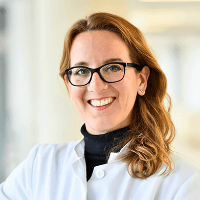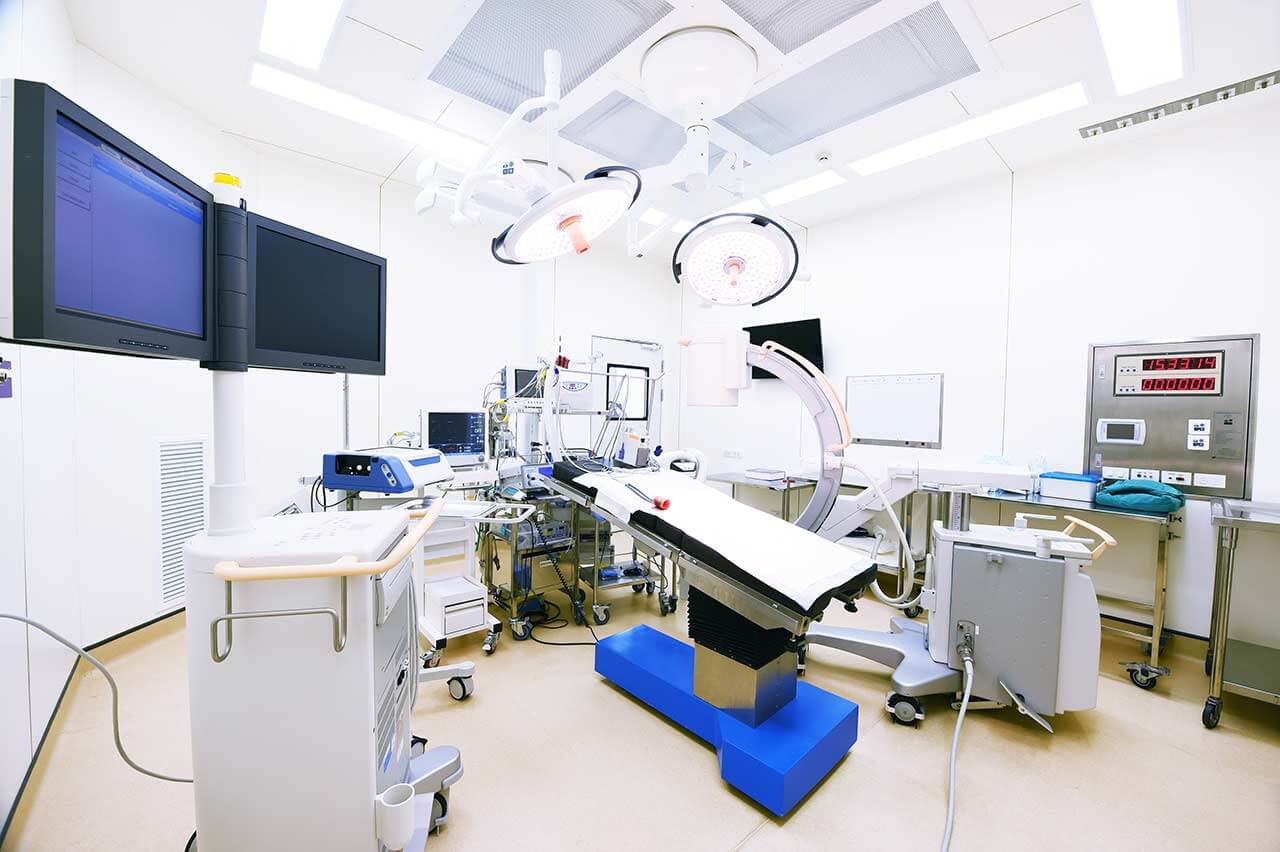
The program includes:
- Initial presentation in the clinic
- clinical history taking
- general clinical examination
- laboratory examinations:
- complete blood count
- blood biochemistry
- immune analysis
- hormonal tests:
- androgens
- progesterone
- prolactin
- thyroid hormones (T3, T4, TSH)
- gynecological examination
- colposcopy
- taking a smear
- hormonal stimulation
- artificial insemination (AI)
- nursing services
- elaboration of further recommendations
How program is carried out
During the first visit, the physician will conduct a clinical examination and go through the results of previous laboratory tests and instrumental examinations. After that, you will undergo an additional examination, including complete blood count, laboratory assessment of liver and kidney function, hormonal tests. Based on the results of the examinations, the physician will make sure that there are no contraindications to hormonal stimulation and subsequent intrauterine (artificial) insemination with donor sperm.
Intrauterine (artificial) insemination with donor sperm is carried out as the day hospital procedure, without mandatory admission to the hospital. Cryopreserved sperm is used for it. Donor sperm undergoes obligatory quality control and infection control.
After hormonal stimulation of ovulation, you will have an ultrasound scan with folliculometry. With its help the physician will make sure that you have a fully-grown egg that is eligible for fertilization. Donor sperm is introduced into the uterine cavity through a thin catheter. The procedure is painless, but the physician can use a local anesthetic, if needed.
After the insemination, you will need to remain in the supine position for about 30-40 minutes.
After the completion of intrauterine (artificial) insemination with donor sperm, you will receive the medical report with detailed recommendations regarding further follow-up. You can leave the hospital on the day of your procedure. In the future, you can contact the physician for accompanying the pregnancy.
Service
You may also book:
 BookingHealth Price from:
BookingHealth Price from:
About the department
The Department of Gynecological Endocrinology and Reproductive Medicine at the University Hospital Bonn offers the full range of diagnostic and treatment services in its areas of specialization. In addition to all standard treatment methods of infertility, the department uses additional diagnostic and treatment methods, for example, polar body biopsy (within the preimplantation diagnostics of genetic diseases), auxiliary hatching, the use of calcium ionophores for egg activation, intracytoplasmic morphologically selected sperm injection (IMSI), etc. The department is one of the leading Centers for Reproductive Medicine in Germany. The Chief Physician of the department is Prof. Dr. med. Nicole Sänger.
The department's specialists have independently developed some of the assisted reproductive technologies (ART) and continue to work intensively on their further improvement. The laboratory in the department is among the best in Germany in the field ART. It also offers various methods of cryopreservation of sperm, eggs, cryopreservation of testicular and ovarian tissues, etc. Thus, the department provides the highest quality standards of reproductive medicine services and has an impeccable international reputation.
In the field of gynecological endocrinology, the main focus is on hormonal disorders and related diseases. These include, for example, hair loss, acne, hirsutism, irregular menstruation, etc. Each patient undergoes a comprehensive diagnostics, on the basis of which an individual hormone therapy program is prescribed, if it is indicated.
The department’s diagnostic and therapeutic range of services:
- Diagnostics and treatment of inflammatory diseases of the pelvic organs in women
- Diagnostics and treatment of non-inflammatory diseases of the female reproductive organs (for example, endometriosis)
- Endoscopic surgery
- Gynecological endocrinology
- Reproductive medicine
- IVF
- Intracytoplasmic sperm injection (ICSI)
- Open testicular biopsy (TESE)
- Intrauterine insemination (IUI)
- Determination of the optimal time for conception
- Polar body biopsy (within the preimplantation genetic diagnostics)
- Supportive hatching
- Use of calcium ionophores for egg activation
- Intracytoplasmic morphologically selected sperm injection (IMSI)
- Sequential drugs (antiandrogen therapy in women)
- EmbryoScope produces
- Procedures for preserving the reproductive function in oncological diseases
- Ovarian tissue biopsy with cryopreservation
- Protection of the ovaries from chemical and radiation injury
- Ovarian tissue replantation
- And other diagnostic and therapeutic methods
Curriculum vitae
Membership in Professional Societies
- German Society of Gynecology and Obstetrics.
- German Society of Gynecological Endocrinology and Reproductive Medicine.
- German Menopause Society.
- Middle Rhine Society for Gynecology and Obstetrics.
- German Society for Reproductive Medicine.
- Federal Association of German Reproductive Medical Centres.
- European Society of Human Reproduction and Embryology (ESHRE).
- International Society of Fertility Preservation (ISFP).
- Professional Society FertiPROTEKT.
Board Memberships
- German Society of Gynecology and Obstetrics.
- German Society of Gynecological Endocrinology and Reproductive Medicine.
- Professional Society FertiPROTEKT.
Photo of the doctor: (c) Universitätsklinikum Bonn
About hospital
According to the authoritative Focus magazine, the University Hospital Bonn ranks among the top ten medical facilities in Germany!
The hospital was opened on January 1, 2001, although in fact it inherits the medical facility, which operated at the Faculty of Medicine of the University of Bonn. The hospital in Germany combines all the highest standards of modern university medicine of the international level. A highly competent team of experienced physicians, which consists of more than 8,000 employees from various fields, takes care of the patients’ health.
The hospital has 32 specialized departments and 23 institutes, which implement the highest standards of treatment in Germany. On their basis, in addition to the successful clinical activities, the productive research and training of young specialists are carried out. Also, the hospital has 10 intensive care units and more than 30 cutting-edge operating rooms. They are equipped with the advanced surgical, navigation and monitoring systems, which provide sparing and the most effective surgical treatment. The total number of places for hospitalization is 1,250 beds.
The hospital presents all fields of medicine, while many of them are awarded by prestigious German and international certificates. For example, in 2007, the Comprehensive Cancer Center of the hospital became one of the four winners at the nationwide competition among Cancer Centers of Excellence. The research focuses primarily on the clinical genetics and genetic epidemiology, neurology, immunology and infectiology, hepatology and gastroenterology, and diseases of the cardiovascular system. The research findings contribute to the development of new therapeutic methods and overall improvement of treatment in Germany.
The main value for all employees of the hospital in Germany is human health, his individual needs and wishes, therefore, despite the high-tech infrastructure, the focus remains on the human attitude and respect for each patient.
Photo: (с) depositphotos
Accommodation in hospital
Patients rooms
The patients of the University Hospital Bonn live in cozy single, double and triple rooms, designed in bright colors. The standard room furnishing includes a comfortable bed with a remote control, a bedside table, a wardrobe, a table and chairs, as well as a TV and a telephone. Each patient room is equipped with an ensuite bathroom with toilet and shower. The hospital also provides enhanced-comfort rooms.
Meals and Menus
The patients of the hospital are offered tasty and balanced three meals a day: breakfast, lunch and dinner. Every day each meal features three different menus, including a vegetarian one. If you for some reason do not eat all the food, you will be offered an individual menu. Please inform the medical staff about your dietary preferences prior to the treatment.
Further details
Standard rooms include:
Religion
Christian priests are available for the patients at any time. Representatives of other religions may be requested at any time.
Accompanying person
Your companion may stay with you in your room or at a hotel of your choice during the fixed program.
Hotel
You may stay at the hotel during the outpatient program. Our employees will support you for selecting the best option.
The hospital offers a full range of laboratory tests (general, hormonal, tests for infections, antibodies, tumor markers, etc.), genetic tests, various modifications of ultrasound scans, CT scans, MRI and PET / CT, angiography, myelography, biopsy and other examinations. Treatment with medications, endoscopic and robotic operations, stereotaxic interventions is carried out here, modern types of radiation therapy are also used. The hospital offers patients all the necessary therapeutic techniques.
- Surgical treatment of the brain tumors, tumors of spinal cord and spine
- Replacement of all joints, resection arthroplasty
- Deep brain stimulation and vagus nerve stimulation in patients with epilepsy
- Multimodal complex treatment of Parkinson disease
- Thoracic endovascular aortic repair (TEVAR)
These are benign and malignant breast pathologies, malignant tumors of various localizations, neuromuscular diseases, stroke, retinal pathologies and various visual impairments, infertility, autoimmune diseases, epilepsy, coronary artery disease and myocardial infarction, leukemia and other pathologies.
- Ophthalmology
- Epileptology
- Reproductive medicine
- Hematology and oncology
- Neurosurgery
Over 8,000 highly qualified doctors and other employees work at the hospital.





